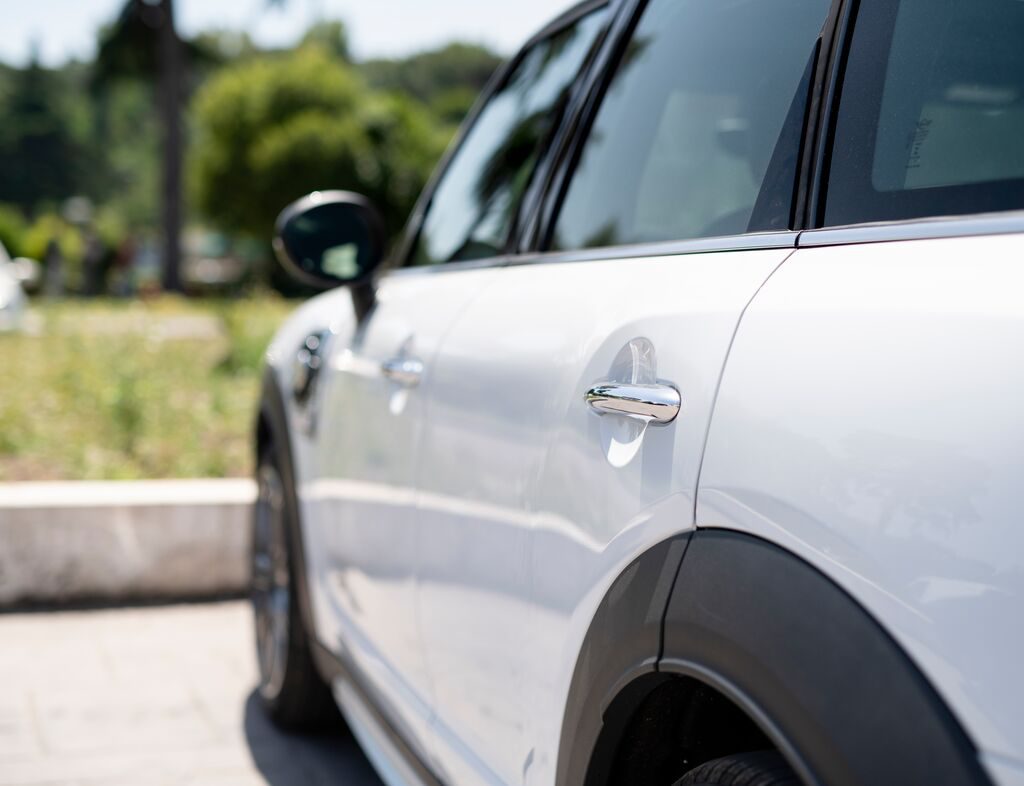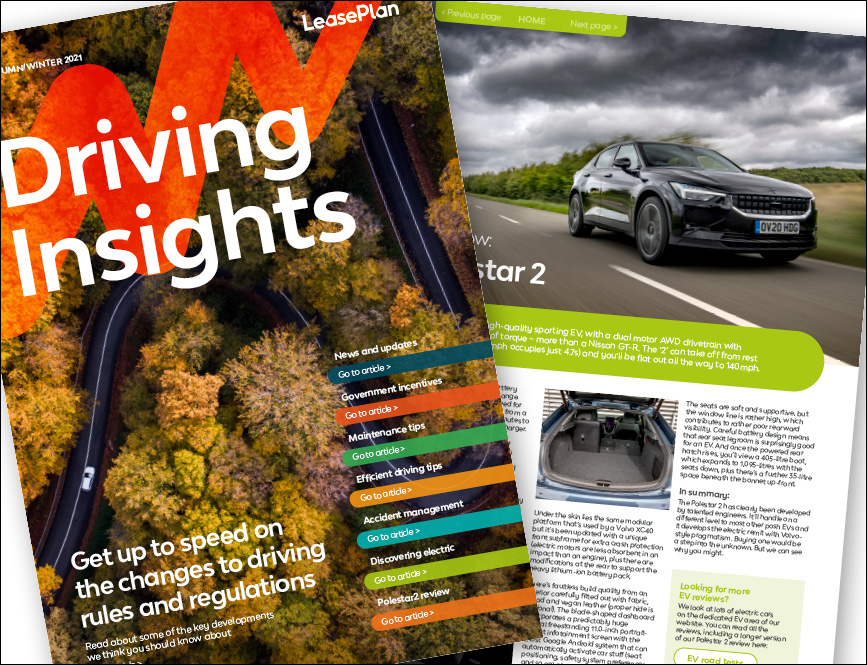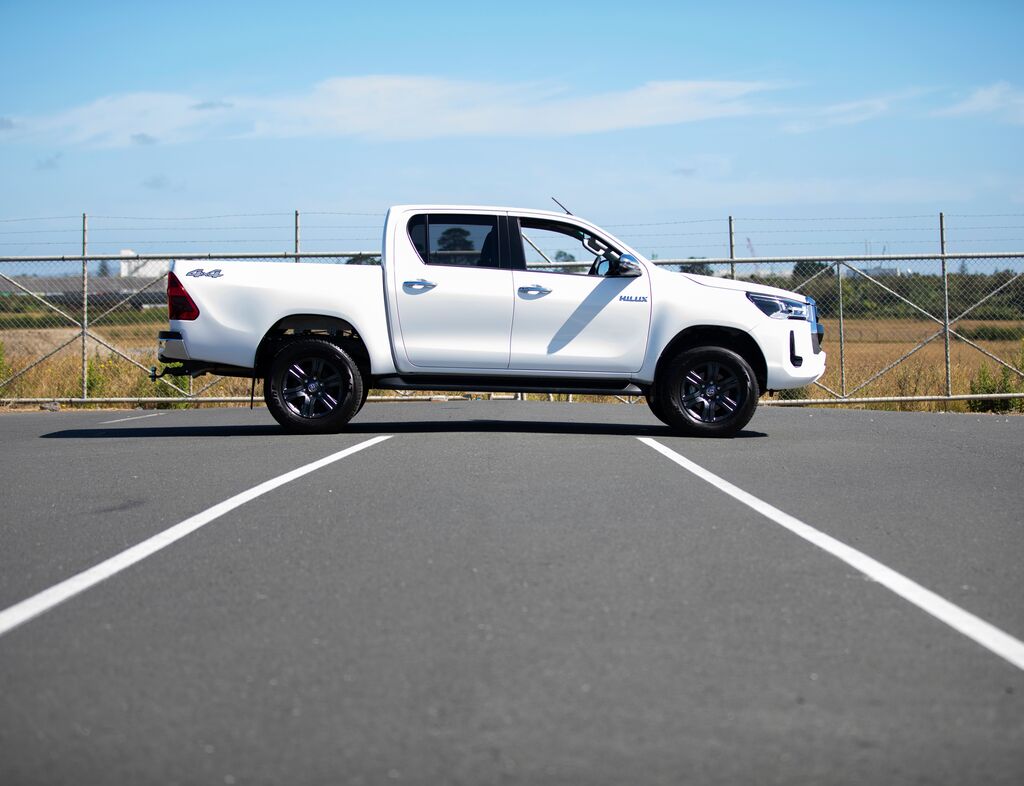The announcement that MOTs will be extended for six months is good news for key workers and drivers who need to use their vehicles for essential travel during the lockdown, especially with people being encouraged to drive rather than use public transport. At the same time, it will help to take a lot of pressure off garages and breakdown recovery services.
Legal responsibility
However, it’s important to remember that even with the MOT extension, you still have a legal responsibility to keep your vehicle roadworthy. Failing to do so could land you a fine of £2,500, 3 points on your licence or even a driving ban.
Here are 8 tips designed to ensure vehicles are in the best condition possible throughout this period.
1. Oil
Oil keeps your engine working smoothly, so it’s important to make sure your vehicle has enough. For most cars, all you have to do is lift the bonnet and check the dipstick (just remember to wipe it clean first). If the level is low, top it up using the type of oil specified in your owner’s manual.
2. Tyre tread depth
Your tyres quite literally help to keep you on the road, as the treads provide traction when you’re driving. If they’re getting low, braking distances will increase and you’ll have less grip when cornering. The tread also helps funnel water away from the tyres, so when it’s low, there’s more chance of aquaplaning in the wet.
The law says that your tyre treads must be at least 1.6mm deep, but many safety experts suggest 2mm, as braking distances rapidly increase when you drop below this point.
Checking your tyres is as easy as using a tread depth tool that you can pick up in petrol stations or buy online. A quick alternative is to use the 20p test to get a rough idea of tread depth. Just put a 20p in the treads and if you can’t see the outer band at all, your tyres are definitely above the legal limit. There are also tread wear indicators built into the grooves on tyres that can give you a quick guide to their status.
If your tyres are below the limit, or very close, please remember that garages are still open at the moment and you’ll need to get your tyres changed. It’s worth phoning ahead to check opening hours and whether the tyres you need are in stock, as this will prevent any unnecessary journeys.
3. Tyre inflation
Tyre pressure is important too. Under-inflated tyres can limit handling, affect braking distance and make punctures more likely, while over-inflated tyres can increase the risk of blow-outs. In addition, tyres that are not inflated correctly will not wear correctly, so they may need replacing sooner – and they make your car less fuel efficient. All in all, it makes good sense to check the air in your tyres the next time you refuel, which you can do using a pressure gauge. And remember to check your spare tyre too, if you have one.
4. Windscreen
Driving with a chipped or cracked windscreen can be considered a motoring offence, as it can seriously impede a driver’s vision. It could also be enough for your vehicle to fail its MOT. Therefore, it’s vital you arrange for repairs as soon as possible otherwise your vehicle will be deemed as unroadworthy. And don’t be tempted to put it off for the time being – a crack left unattended can quickly spread across the windscreen, which will result in a much more complex – and expensive – repair job.
It’s also a legal requirement to have fluid in your car’s screen wash bottle, as you have to be able to clear your windscreen while driving. Topping it up is easy; simply lift your bonnet, find the filler cap and pour in washer fluid (or water, if you don’t have anything else available). It’s also a good idea to give your windscreen a clean at the same time, as a blurry windscreen can be dangerous when the sun is low.
Once you’ve done all this, give the windscreen a spray and see how the wipers work. If they rub or leave streaks, it could be time to change them. This is easy to do yourself and is a simple but effective way to keep safe.
5. Lights
It’s crucial that your lights work, as other drivers must be able to see your vehicle, and this can be done if you’re on your own. Most lights can be tested by turning them on and getting out of the vehicle. For brake lights, park your vehicle near something with a reflective surface, for example another vehicle, a window or a painted garage door during the day and check your lights through your mirror when you push the pedal.
6. Brakes
Given how important your brakes are, it makes sense to test them before every journey. Just start the car moving slowly and then use the brake pedal. If it doesn’t feel right, you can contact a garage – they’re still open for essential maintenance.
7. A special note to diesel drivers
If you drive a diesel car, please be aware that you need to take care of your Diesel Particulate Filters (DPFs). This means burning off the diesel particles and clean the filter. Not doing this can result in the vehicle completely shutting down and cause major engine damage.
All you need to do is get your car on an A road or motorway on a regular basis, such as every 300 miles. You then need to run it for 10-20 minutes at speeds in excess of 40mph. This will heat up your exhaust and burn off any soot in the filter.
8. Static vehicles
While many key workers are still using their cars on a daily basis during the lockdown, people who are staying at home may only need their vehicle once a week – or even less. If you’re in this position, it’s worth starting the engine occasionally and letting it run for a bit to keep the battery topped up and cycle the fuel.
It’s also worth keeping in mind that leaving your car parked for long periods of time can lead to flat spots on the tyres, so it’s essential you check your tyres before using it.
And, while it’s not a safety issue, if your car is parked under a tree, consider putting a cover on it to protect against sap and bird droppings. Bird droppings on modern water-based paint will start to impact the lacquer within 90 minutes, or even less if the car hasn’t been polished for a few years. If it’s dried on, use some warm water to soak it first as this will make it a lot easier to remove. Scrubbing at it without soaking first will do even more harm as it can create scratches.
Find out more
We need to ensure everyone’s safety as much as we can, so these tips will hopefully help to keep our drivers and their vehicles safe when travelling during the coronavirus pandemic. After all, it’s still important to maintain our vehicles, and ensure they are meeting legal requirements. If in doubt, consult your vehicle handbook or contact the AA.
Sign up for insights
For further guidance sign up to Driving Insights quarterly newsletter here.




